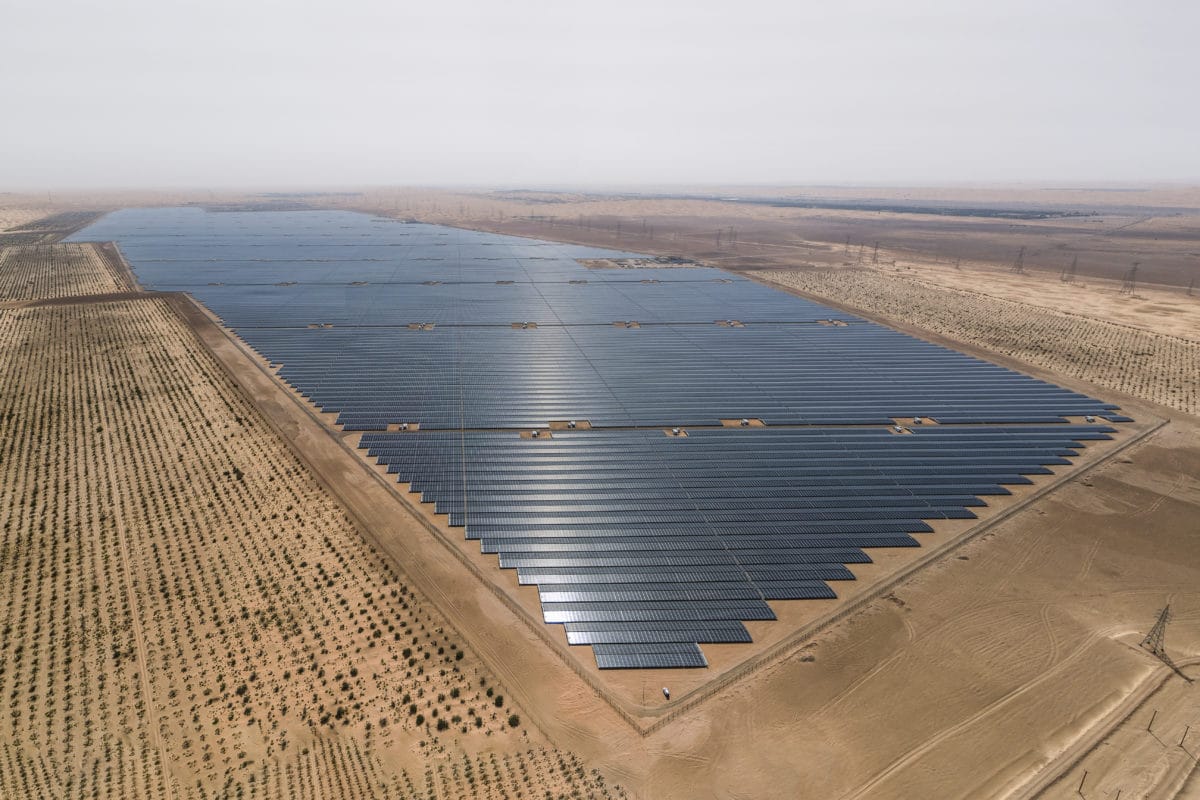The Emirates Water and Electricity Company (EWEC) has set its sights on becoming a solar energy leader, targeting a massive 7.6 gigawatts (GW) of solar power generation capacity in Abu Dhabi by 2030. This ambitious goal signifies a significant push towards renewable energy and aligns with the United Arab Emirates' (UAE) strategic vision for climate neutrality by 2050.
EWEC's plans hinge on several large-scale solar photovoltaic (PV) projects, including the already operational Noor Abu Dhabi and Al Dhafra solar plants. These existing facilities, along with the upcoming Al Khazna and Al Ajban projects, are poised to make Abu Dhabi home to the four biggest independent solar power plants globally.
The 1,500-megawatt (MW) Al Khazna solar PV project is a linchpin in EWEC's strategy. Expected to be operational between 2027 and 2037, this colossal undertaking will significantly bolster Abu Dhabi's photovoltaic solar energy capabilities.
"Over half of Abu Dhabi's electricity will come from clean and renewable sources by 2030," emphasized Omar Al Ali, EWEC's Chief Portfolio Management Officer. This statement underscores EWEC's unwavering commitment to sustainability and its role in driving the UAE's transition towards a greener future.
The large-scale adoption of solar power offers a multitude of benefits for Abu Dhabi. It will not only decrease dependence on conventional energy sources but also contribute to reducing the emirate's carbon footprint. Furthermore, solar energy offers a dependable and cost-effective solution in the long run, safeguarding Abu Dhabi from price fluctuations associated with traditional fuels.
EWEC's ambitious solar energy goals have garnered positive reactions from environmental groups. "This is a significant step forward for Abu Dhabi's clean energy transition," said Dr. Layla Al Mansoori, a renowned environmental scientist based in the UAE. "By embracing solar power, Abu Dhabi is setting an example for other countries in the region to follow."
The large-scale implementation of solar energy presents certain challenges. One key concern is ensuring sufficient energy storage capacity to address fluctuations in solar power generation. Additionally, integrating such a vast amount of solar energy into the existing power grid necessitates significant infrastructure upgrades.
However, EWEC appears confident in its ability to overcome these hurdles. The company is actively exploring various energy storage solutions and collaborating with stakeholders to ensure the seamless integration of solar energy into Abu Dhabi's power grid.
EWEC's ambitious solar energy targets position Abu Dhabi as a frontrunner in the global shift towards renewable energy. The successful implementation of these plans will not only transform Abu Dhabi's energy landscape but also serve as a beacon for other countries seeking to embrace a sustainable future.

